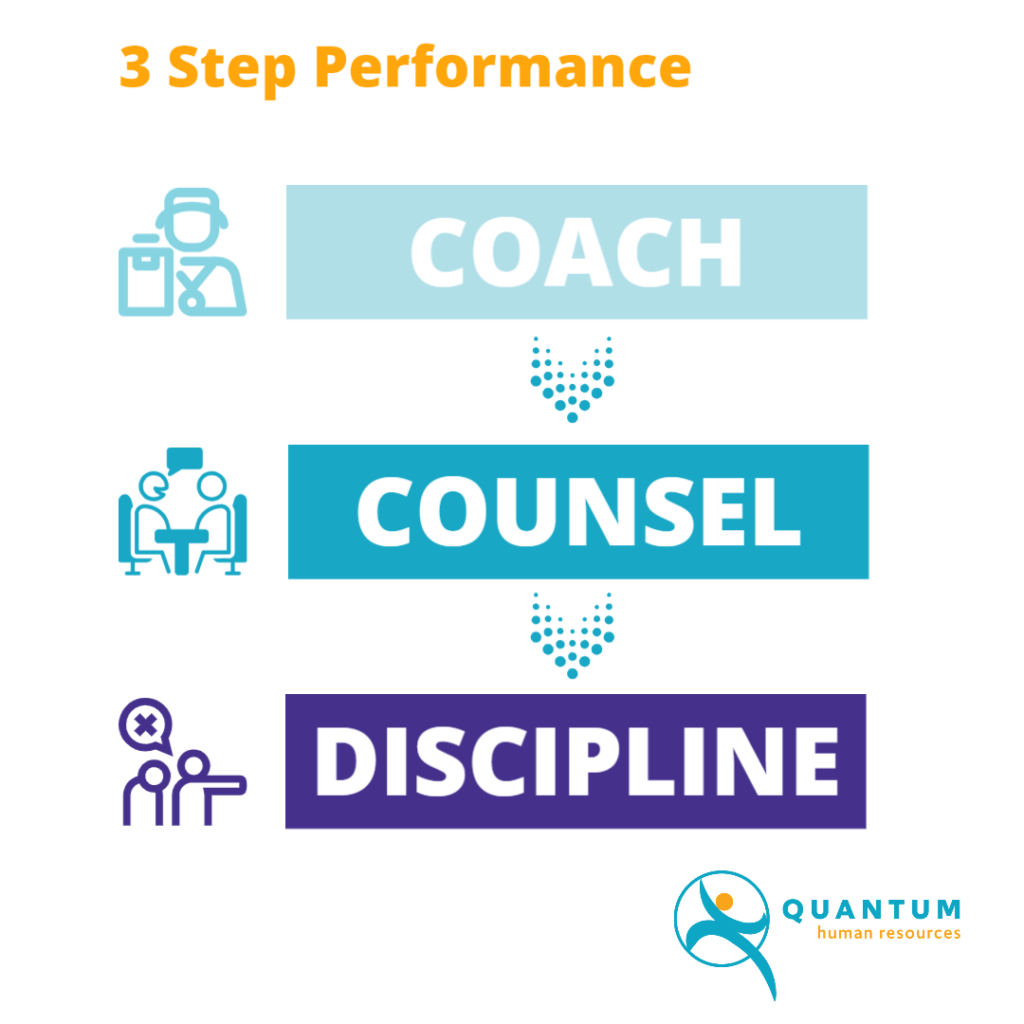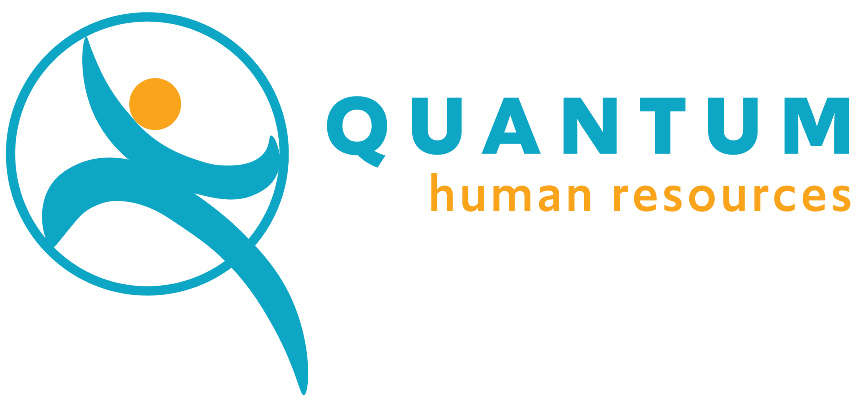If you employ people, chances are that you’ve had to consider a difficult conversation with one of them around their performance.
Chances are, this has also generally been a behavioural issue so it’s been challenging to try and describe what you’ve been unhappy with in concrete terms… and this has caused you to worry about getting the conversation wrong.
Sound familiar to you or a business you know? If it does, you’re certainly not alone .
We believe there are three key steps to managing employee performance issues when they arise (as opposed to annual performance review systems):

Coaching
In this stage, managers actively and informally coach the employee in actions designed to address the specific and undesirable behaviour or work performance.
Done at the time the behaviour arises, the majority of your performance management should be taking place at this stage.
Coaching meetings should be held as informally as possible as they are designed not to discipline an employee but rather, bring to their attention a matter that you wish to see improved.
Managers should use their discretion in how often an employee should be coached – but where the same issue continues to arise over a period of time, performance Counselling should then be considered to formalise the requirement to improve.
Counselling
As the name implies, managers are now moving to a formal and documented process to ensure that employees are fully aware of the issue, are provided with opportunities to improve and given notice that failure to improve will result in Discipline.
Did you know there is no such thing as ‘3 warnings’ before dismissing an employee? There is no minimum or maximum number of times an employee may be counselled (‘warned’) and it will largely depend on the facts in each instance.
Some things to consider at this stage include:
- Gather specific examples of the performance that need to improve.
- Ensure that the counselling is held privately.
- Clearly identify the improvement that is required and a timeframe.
- Advise that failure to address the issues raised may result in disciplinary action.
- A written record of the meeting is captured for all parties to reference.
IMPORTANT NOTE: There should be no mention of termination during Counselling as this step requires more planning (see following Discipline).
Discipline
Where Coaching and Counselling have failed, this is a formal documentation of the poor performance or behaviour and explicit confirmation that termination of employment may result if improvements are not met.
This stage should carefully include the following steps as a minimum:
- The Manager should advise the employee of the intention to conduct a disciplinary meeting (seek support or visit Fair Work Ombudsman for templates to craft this if necessary).
- Invite the employee to have a support person present. This should especially be encouraged for employees considered to be ‘vulnerable‘.
- Prepare a meeting agenda and provide attendees a copy prior to the meeting.
- Record the discussion, especially the response of the employee, and issue afterwards formally to all stakeholders.
IMPORTANT NOTE: Seek advice prior to issuing any letter to terminate employment.
Getting help
Loads of free resources are available to help you consider performance management for your workforce. This can also include creating a ‘policy’ for Supervisors to follow and thus ensure a consistency in how these matters are conducted.
If you still have questions after this, reach out to one of the team at Quantum HR and we’ll always happily provide an initial thought or two to consider.
Thanks for reading and click the button above to keep up to date on articles such as these, links to other resources and our own FREE tools and advice.

